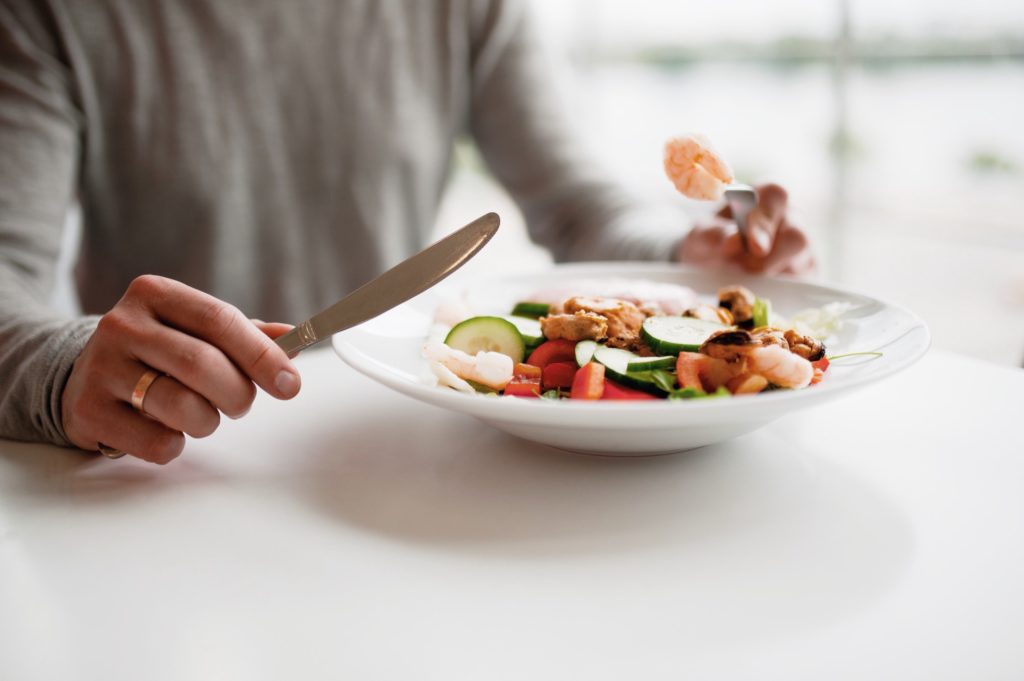Menu
- Support
give your support
Your contribution will enable Ostomy Canada Society Inc. (OCS) to continue to provide support and encouragement to others. - Learning
- Get Involved
- Contact
- Support
give your support
Your contribution will enable Ostomy Canada Society Inc. (OCS) to continue to provide support and encouragement to others. - Learning
- Get Involved
- Contact



